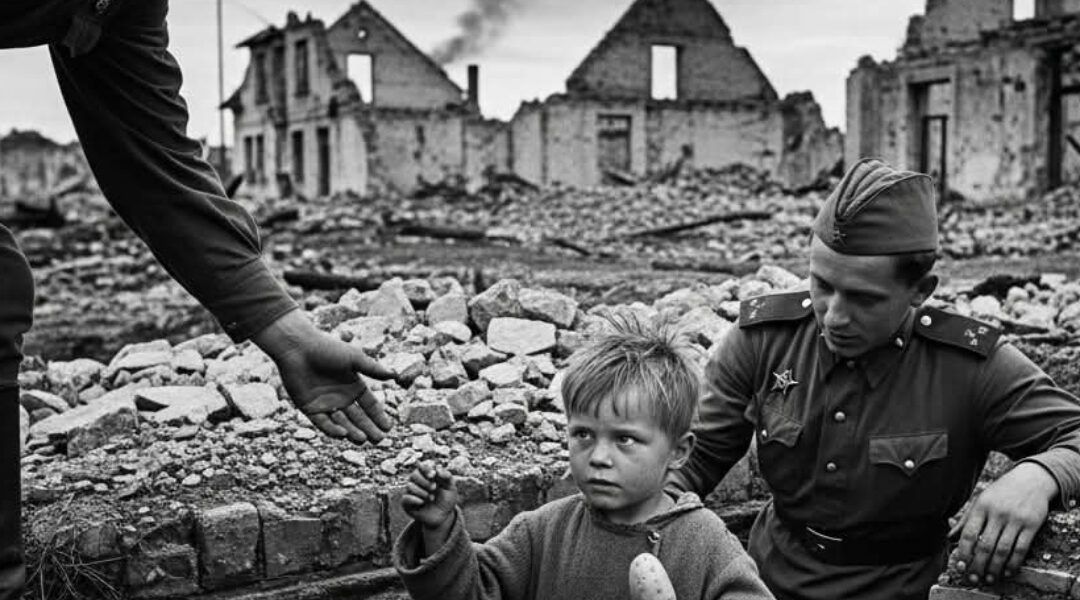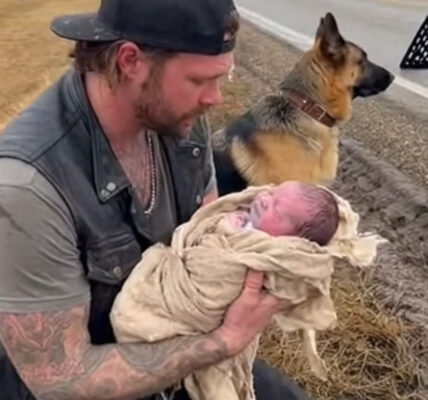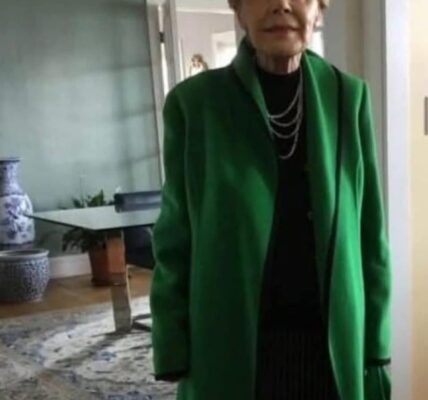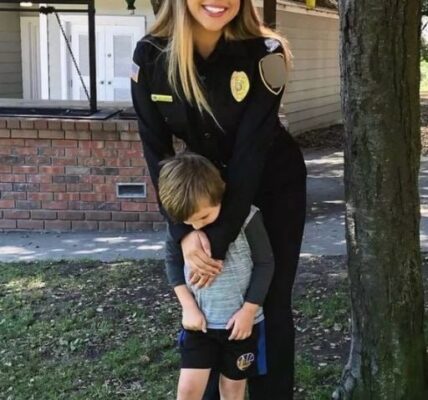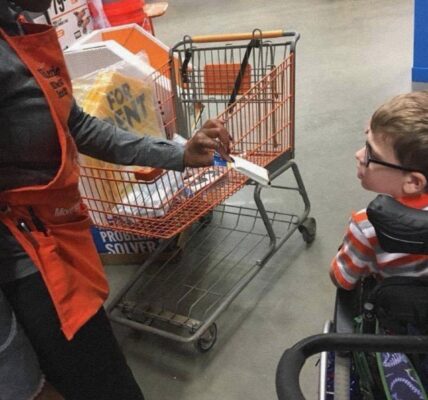
The boy had learned to breathe like a mouse.
Quietly. Quickly. Only when no one was listening.
In the cellar beneath a collapsed house, breath made noise and noise made danger, and danger—ever since the ghetto walls had risen and then crumbled—had been a creature with boots. He had learned other mouse-skills too: how to make a single potato peel last a day; how to turn the rumble of hunger into a lullaby; how to map the night by counting drips from a broken pipe, one, two, three, until fear slowed its heartbeat and let sleep come.
On the morning the soldiers came, the boy woke to new sounds—metal clattering, a voice that did not bark in German, feet that did not march in neat, punishing rhythms. The earth trembled with it, dust shook loose from the joists, and the woman beside him—a neighbor who had become an aunt by necessity—pressed a finger to her lips. Not because quiet would save them now, but because habit, like hunger, is hard to silence.
They had been hidden for weeks, perhaps months. Time had stopped obeying the calendar and instead traveled in small circles: day and night, fear and fear, hunger and hunger. The boy had collected a treasure during that circular time—a limp, gray curl of potato peel he had rescued from a rubbish heap the night the cellar door had cracked and a sliver of air had called his name. The peel was thin as paper and tough as a promise. He had kept it buried in a scrap of cloth, unwrapping and rewrapping it, humming to it as if it were a fragile pet that might run away.

When the boards above their heads creaked and a foreign voice called down in a language the boy did not know, the woman pulled the boy closer. She whispered, “Stay behind me,” then climbed the stairs, each step a negotiation with the house, with luck, with God.
At the top, she pushed aside the door that had been their sky and blinked into the light. A man stood framed by what had once been a kitchen doorway. His coat was muddy. His cap was tilted. His hands, big as coal shovels, were raised to show they were empty. The symbol on his sleeve meant nothing to the boy, but the stranger’s face—creased with surprise, then sorrow—meant everything.
The boy followed the woman up. The room smelled of smoke and rain-damp wood. Through the gap where a wall had been, the city lay in shards. From some distance came the stutter of guns, and then, as if embarrassed by their lateness, silence. In the silence, the boy did a brave thing. He stepped past the woman’s skirt, held up his treasure with two trembling fingers, and asked the first question his hunger had not dared to ask in months.
“Can I eat without hiding now?”
%20-sputnik.jpg)
He did not know the man’s language, but questions sometimes leap borders. The soldier’s eyes filled. He knelt until his face was level with the boy’s. Slowly, deliberately, he reached into his coat and took out a small tin. When he opened it, a smell rose that broke the boy’s breath in two—fat and salt and meat and hope. The soldier placed the tin in the boy’s hands as if he were returning a crown to a rightful head.
The boy did not rush. He had learned not to rush. He took the smallest bite, enough to tell his mouth that the world had changed, then another, just enough to teach the lesson to his throat. He held the tin out to the woman. She shook her head and nudged his hand back, and the soldier, understanding something universal about mothers that transcends blood, found a second tin and pressed it into her palm.
Outside, more soldiers walked the street that had once been a river of people. Their boots crushed glass and tulip bulbs alike. From basements and behind false walls, others emerged: an old man with a white thread of beard, two sisters with the same sorrow in different eyes, a girl whose hair had been cropped as short as forgiveness. They all wore the same flinch at the same sound: the sudden slam of a loose shutter, the cough of a truck, the echo of a command shouted decades ago.
The boy moved closer to the soldier, the way a moth discovers it has heat for a cousin. He ate, careful as a mathematician, saving half the tin for later. Later would come; that was the lesson the soldier’s hands had taught him. He pointed with the potato peel to the cellar door, showed the small bed of blankets, the weak candle, the careful pile of bones that had once been supper and once before that had been soup and once before that had been hope. The soldier listened as if every gesture were a long-ago story that, told properly, might change the past.
“Are there more?” the soldier asked the woman, tapping his chest and then making a sweeping motion with his arm to include the rubble, the street, the city. The woman nodded and pointed—three doors down, the red house with half a roof; across the lane, the shop with the crooked sign. The soldier spoke to the men outside. They fanned out, knocking, calling, prying boards, lifting stones. The street filled with ghosts who turned out to be alive.
A cart came—a miraculous cart with water and black bread and sour pickles. The soldiers handed out mugs as if they were sacraments. The old man with the thread of beard cursed the pickles with joy, blinking tears he insisted were from the vinegar. The two sisters fed each other bites, not because they could not feed themselves, but because hands sometimes need employment when the heart is too tired to do it.
A woman began to sing. Her voice was thin, like the potato peel but longer. It found a melody older than the ghetto and newer than the morning. Others joined her, unsure at first and then braver, like people learning again how to speak their own names. A soldier hummed along without knowing the words. He had words of his own, engraved under his ribs from other roads, other cellars, other boys. He had not expected to use them here, in this broken quarter, but memory is a tool that does not ask permission.
He watched the boy map the street with his feet. The child did not run. He tested the distance between the doorway and the cart, between the cart and the sun. Fear teaches careful geography; freedom redraws it. He returned to the soldier and held out the last sliver of the potato peel. A gift. A goodbye to hiding. The soldier took it in his giant fingers and slipped it into his breast pocket as if it were a medal.
“Tell me your name,” he said softly, in his own tongue and then, slower, in a mixture of gestures and borrowed words. The boy understood the question if not the grammar. He said his name, and the soldier repeated it, twice, three times, until it wore the local accent like a hat that fit.
They moved through the day together, the way people do when chance stitches them for an hour: the soldier arranging a blanket around a woman’s shoulders, the boy pointing out a place where the rubble hid a set of stairs, the street inventing itself again with each small act. In the afternoon, a transport lorry arrived. Not the kind that had taken people away. One that brought back a thin little boy from a church cellar, a grandmother from a neighbor’s attic, a man no one had seen since autumn. Each reunion struck the air like flint. Sparks leapt. Some landed in tears. Some in laughter. Some in that strange quiet only survivors share, where saying nothing says: I know.
Toward evening the wind shifted and the smell of a real kitchen—a pot on a stove, onions surrendering to heat—drifted like a story someone finally had time to tell. The woman who had become the boy’s aunt by necessity became his aunt by choice. She found a corner of intact wall, spread a coat, made a table of her knees. The soldier brought them an enamel cup of tea that had earned its color honestly. The boy cradled it like a chick and blew until steam became invitation instead of warning.
“Can I eat without hiding now?” he asked again, not because he doubted the answer, but because he needed to hear it in the new language of the day.
The woman nodded, yes. The soldier nodded, yes. The city, decimated and defiant, found its voice and answered, yes. Yes, you may put bread in your mouth and not look over your shoulder. Yes, you may bite and taste and swallow and leave crumbs without shame. Yes, there will be times when memory drags you back under the floorboards. But when it does, the door above you will be open.
Night came. A safer night than the night before. The soldiers made a small fire in a metal basin, orange light painting faces with a human color again. Someone passed a harmonica. Someone else produced a scarf that had survived the years in a pocket—a miracle of red. The two sisters wrapped it between them like a ribbon that said: We are here.
The boy fell asleep on the woman’s lap, the tin empty on its side like a moon that had done its work. The soldier sat nearby, the peel in his pocket pressing over his heart, light as forgiveness and just as stubborn. He thought of other roads and other ruins. He thought of the word “liberation,” how large it sounded in speeches and how small it looked in practice—just a bite of food in daylight, a question answered with a nod, a hand resting on a child’s hair without trembling.
At dawn he would move on. The road had more cellars, more stairs under stones, more names to learn. But for this hour, this one, he kept watch—boots quiet, breath even, rifle asleep across his knees. Above the ruins, the sky made a new promise, pale at first and then brighter. Somewhere, a window—real glass—caught the light and threw it back at the street like a benediction.
The boy stirred and looked up, blinking. He touched the empty tin, the woman’s hand, the soldier’s sleeve. He listened for the old bootsteps and could not find them. He listened for his own hunger and heard it, yes, but differently—no longer as a wound, but as a request the world might finally answer.
He did the bravest thing he knew how to do.
He took another bite, in the open, and did not hide.
